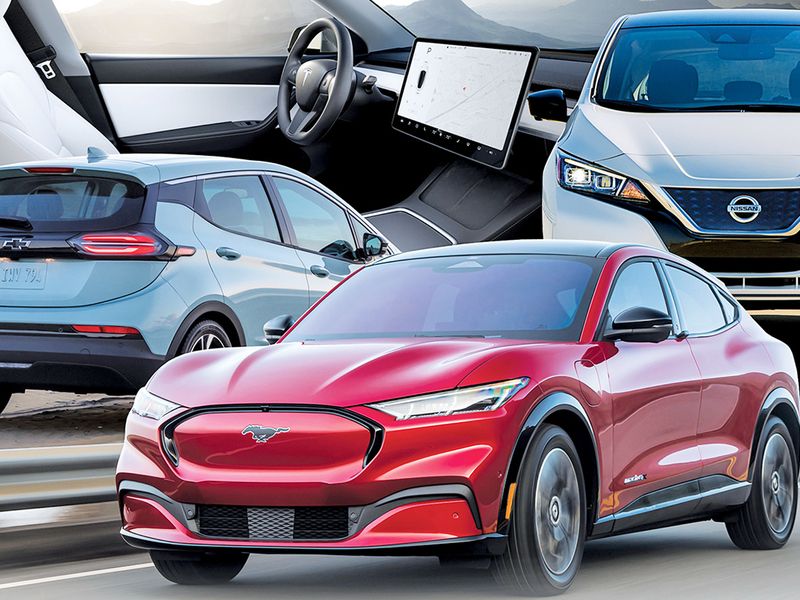
Tesla Inc. continues to dominate in the burgeoning electric vehicle market, but its share of the segment has slipped, as has its grip on the sales charts.
Through May last year, Tesla made four of the top five new EVs registered with state governments, according to data gathered by Experian. This year, it has two of the top 10.
On top of production slowdowns that have snarled Tesla’s output of the Model S sedan and Model X crossover, the brand faces increased competition from rivals’ offerings, such as the Ford Mustang Mach-E and the Porsche Taycan. While Tesla’s new-vehicle registrations through May rose 81 percent, the EV total jumped 116 percent.
“As this vehicle type becomes more mainstream and there’s just more choices out there for consumers, I think that’s why we do expect to see Tesla’s share — not their volume, because that’s going to grow as they add more products — but their share of the segment is going to fall,” said Jeff Schuster, president of global forecasting at LMC Automotive.
Still, Tesla remains the most popular EV brand in the nation, led by its Model Y, the No. 1 electric model and No. 1 luxury model, according to Experian’s data. The brand in 2020 surpassed Audi to rank No. 4 in new luxury-vehicle registrations after launching the compact crossover. Through this May, it continues to trail only BMW, Lexus and Mercedes-Benz among luxury brands.
Since Tesla reports sales only quarterly and doesn’t break down results by country, registration data provides the most accurate view into Tesla’s U.S. sales and market share.
With S and X production limited, the two models fell out of the top 10 among new EV registrations. The Model 3, the second-most- popular EV, was the only other battery-powered vehicle that saw a drop in registrations, aside from the discontinued Volkswagen e-Golf, according to Experian’s data.
“Obviously anything that Tesla is building is still sought after from the fan base in the market,” Schuster said, “but the X and S are aging.”
Tesla also is facing more competition. More than 100 EVs are planned to start selling in the U.S. in the next few years. A handful of them — the Mach-E, Hyundai Ioniq 5 and Volkswagen ID4 — are aimed at the Model Y as consumers prefer the utility of crossovers to the greater efficiency of sedans.
“Of course [Tesla’s] share will drop as other models come on board,” said Michelle Krebs, executive analyst for Autotrader. “But we anticipate that the volume of the entire EV segment will grow over time … because there’s more competitors. That doesn’t mean that they’re going to sell fewer vehicles.”
Battery-electric vehicle registrations in the U.S. more than doubled this year through May to 166,255, while total light-vehicle registrations rose almost 40 percent to 7.3 million. U.S. market share for EVs through May rose to 2.3 percent from 1.5 percent a year earlier.

